Reading Cosmetic Labels: Know What You Are Putting On Your Skin
Choosing what you put into your body when eating is a deliberate act, but are you doing the same when you apply cosmetics to your skin and hair? It is like feeding your skin with a diet of beauty products. Women cite a lack of skin care labels knowledge as one of the primary reasons they don't do this.
It's easy to learn how to read cosmetic labels, despite the fact that it may appear overwhelming at first. The good news is that reading cosmetic labels does not need special training as a dermatologist.
To be fair, it may seem as though the label on your skin care product reads like a code for a top-secret operation, but there is no reason to mindlessly apply whatever your BFF suggests. If you want to understand what's going on with your skin, we're here to assist.
These are the eight essential things to know while reading skin care labels:-
If a product is labelled as "natural," it doesn't mean it's really natural. Always check the label to see what's in the product you're about to purchase. Components are arranged according to their concentration in the order they are mentioned.
Cosmetics and skincare items have a shelf life indicated by a date stamp inside the container. As long as the product doesn't pose a risk to your health, it will likely lose its promised efficacy for your skin if it's over its expiration date.
Despite the fact that allergens aren't inherently a terrible thing, they're something to be mindful of. Allergens, for example, maybe found in natural plant oils.
The list of ingredients contains the most information about a product's composition. All brands must declare their ingredients on the label as a matter of law. The order in which substances are listed is often based on their concentration. In other words, the top five or six elements on the list are the most concentrated.
Any product must be used at the right time of day or night, and this must be taken into consideration prior to using it. It is often recommended to only use certain products at night since they might induce photoallergy as well.
Note: There are certain items that have warning labels that tell you to avoid sensitive places such as your mouth, crease of your nose, or near your eyes. To prevent any skin reactions, this knowledge is crucial.
At Dot & Key, you can find well-written skin care labels on the products. We use a nature-forward approach to the formulation that guarantees the most natural skin-friendly products.
We go to great lengths to ensure that neither you nor the environment is exposed to anything that might be harmful. All of our products have been scientifically tested to guarantee that they are completely safe for use on the skin.
Summary
Just as essential as the things you consume is what you put in your body, is what you put on your skin. Similar to how your body absorbs nutrients from food, your skin cells ingest the components in skin care products.
You can tell whether a product is beneficial for you and in line with your beliefs if you keep an eye out for certain symbols on the package.
For the health and nourishment of your skin, are you giving it the best possible products? Make sure to read labels and ingredient lists when purchasing skin care products if you haven't already. You'll be happier, healthier, and more attractive if you make the right decisions!
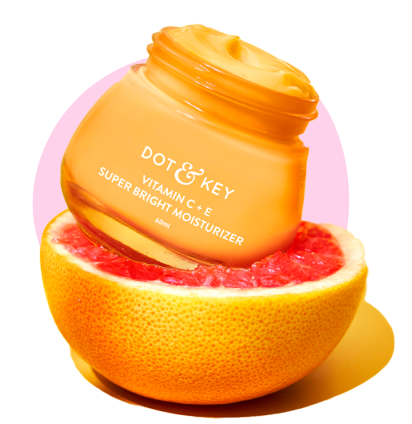
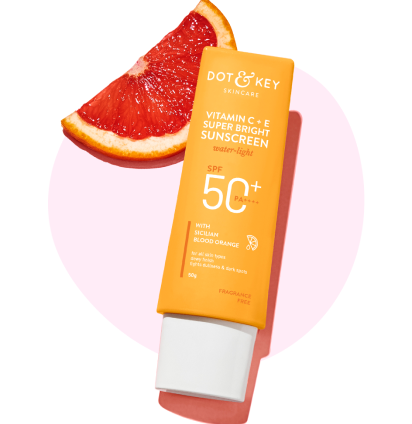
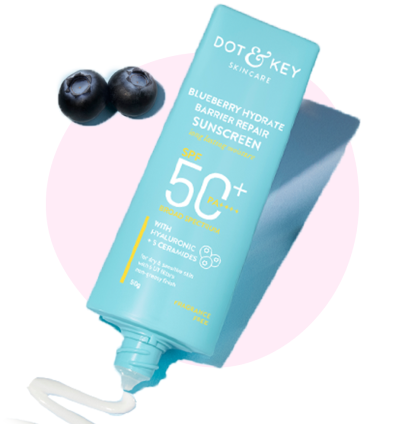
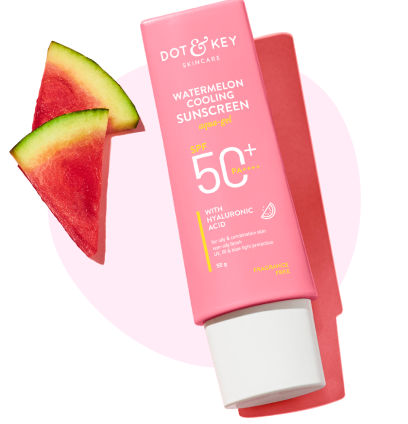
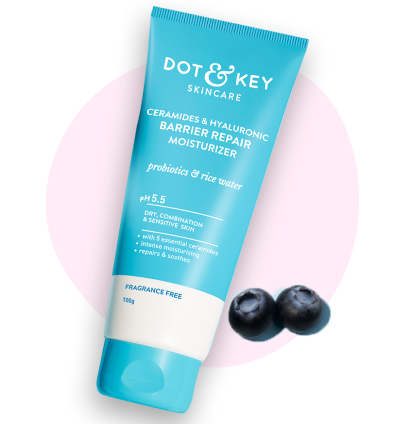
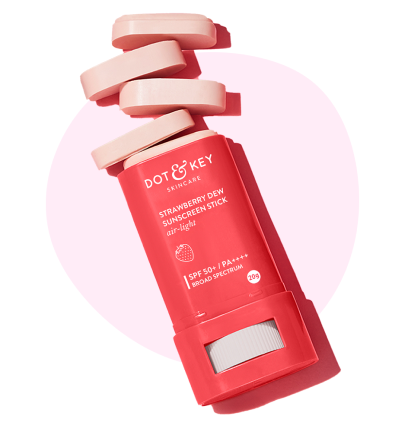
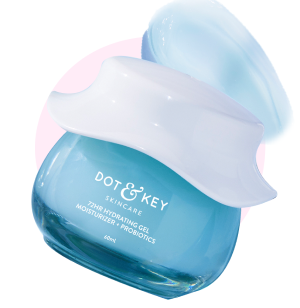

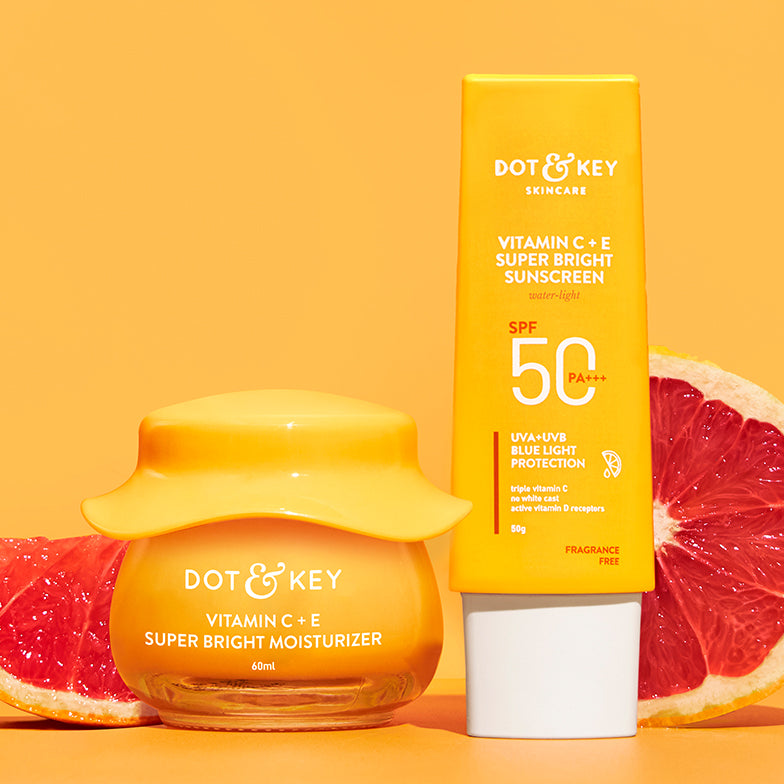

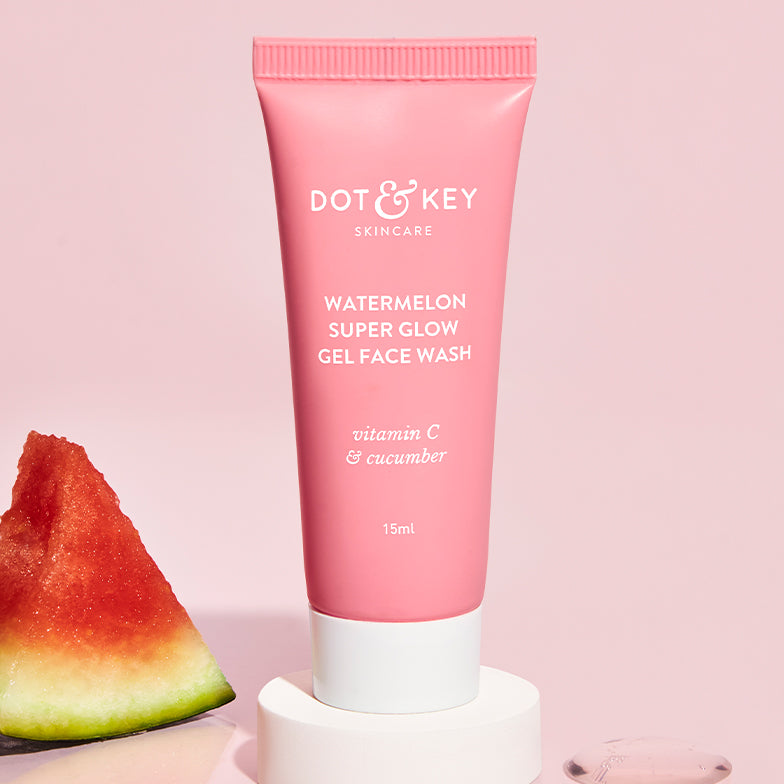
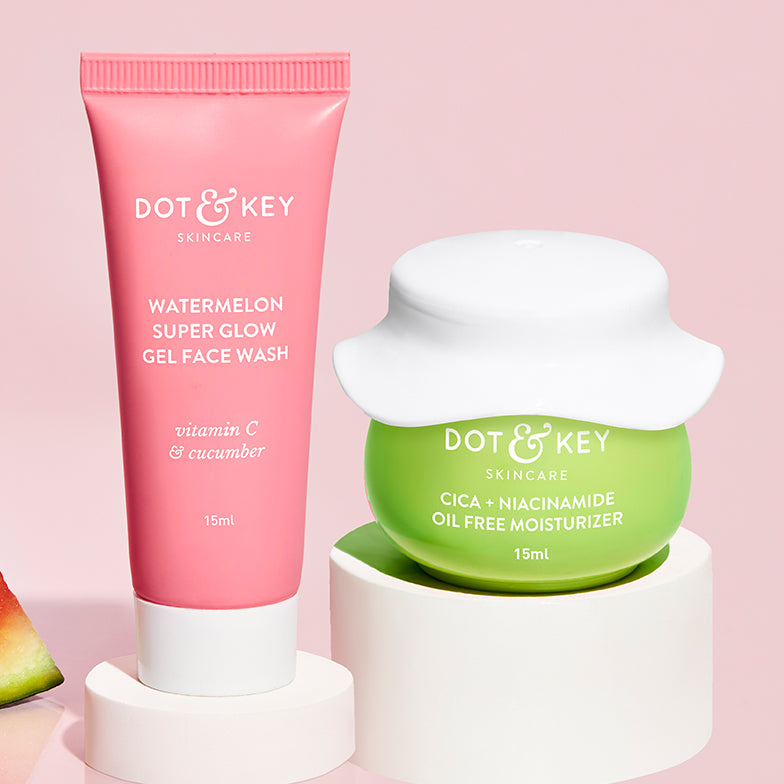
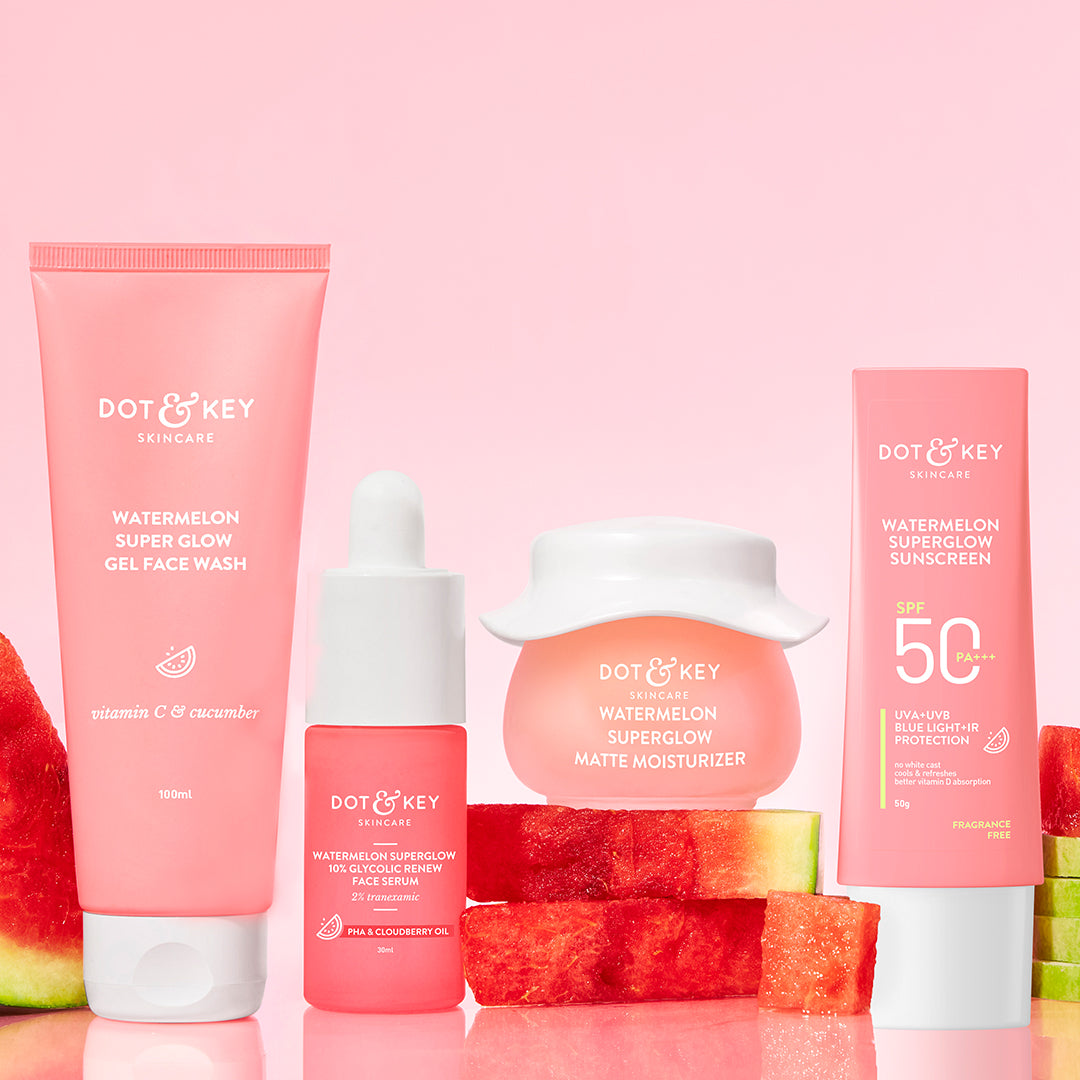
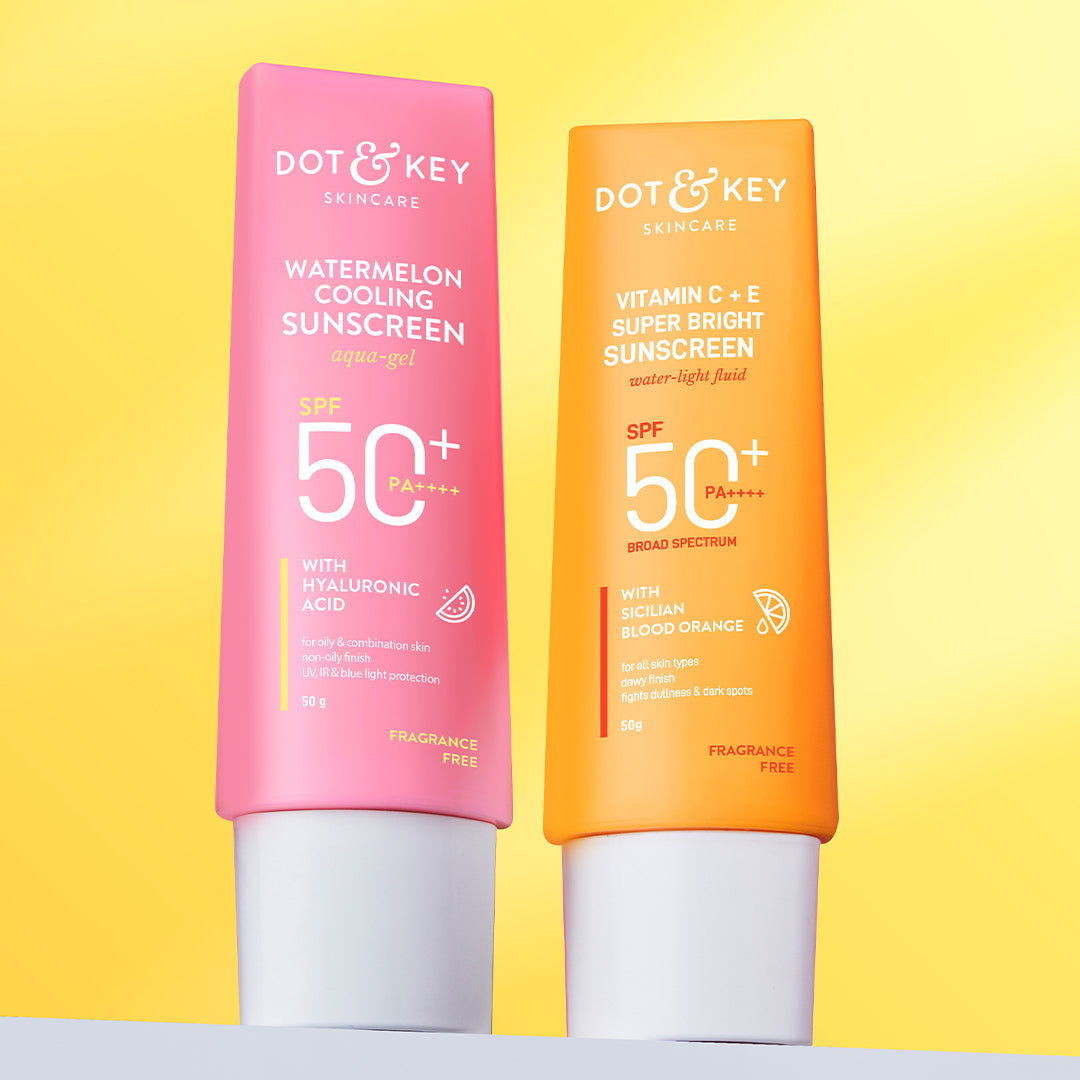



Leave a comment